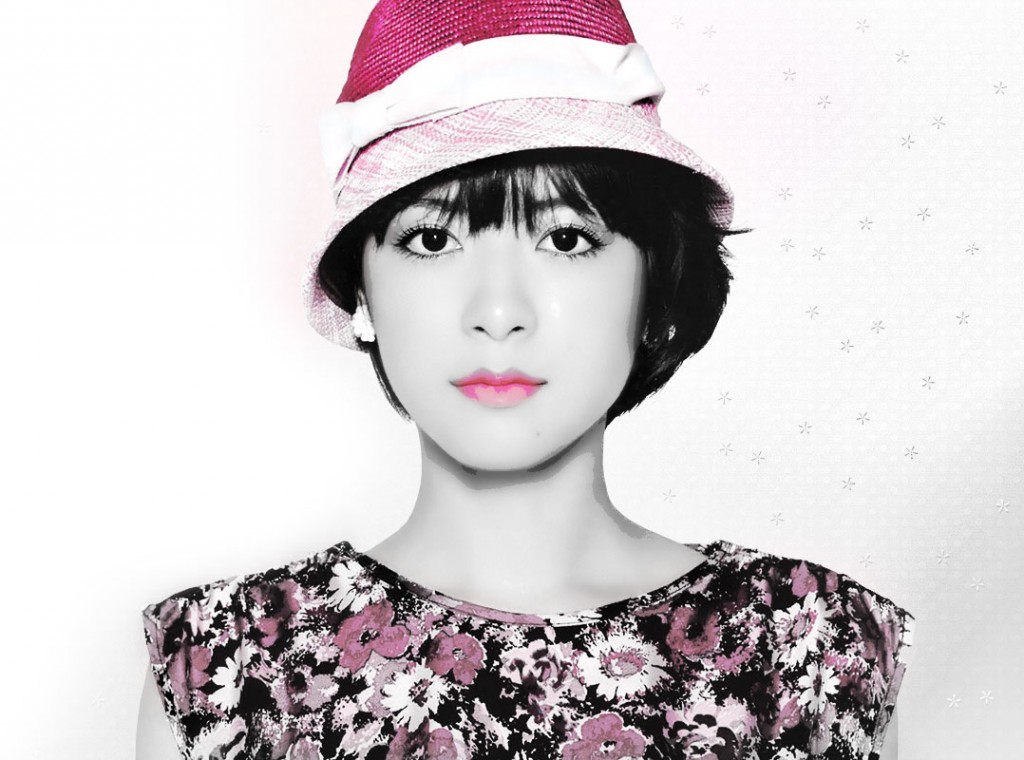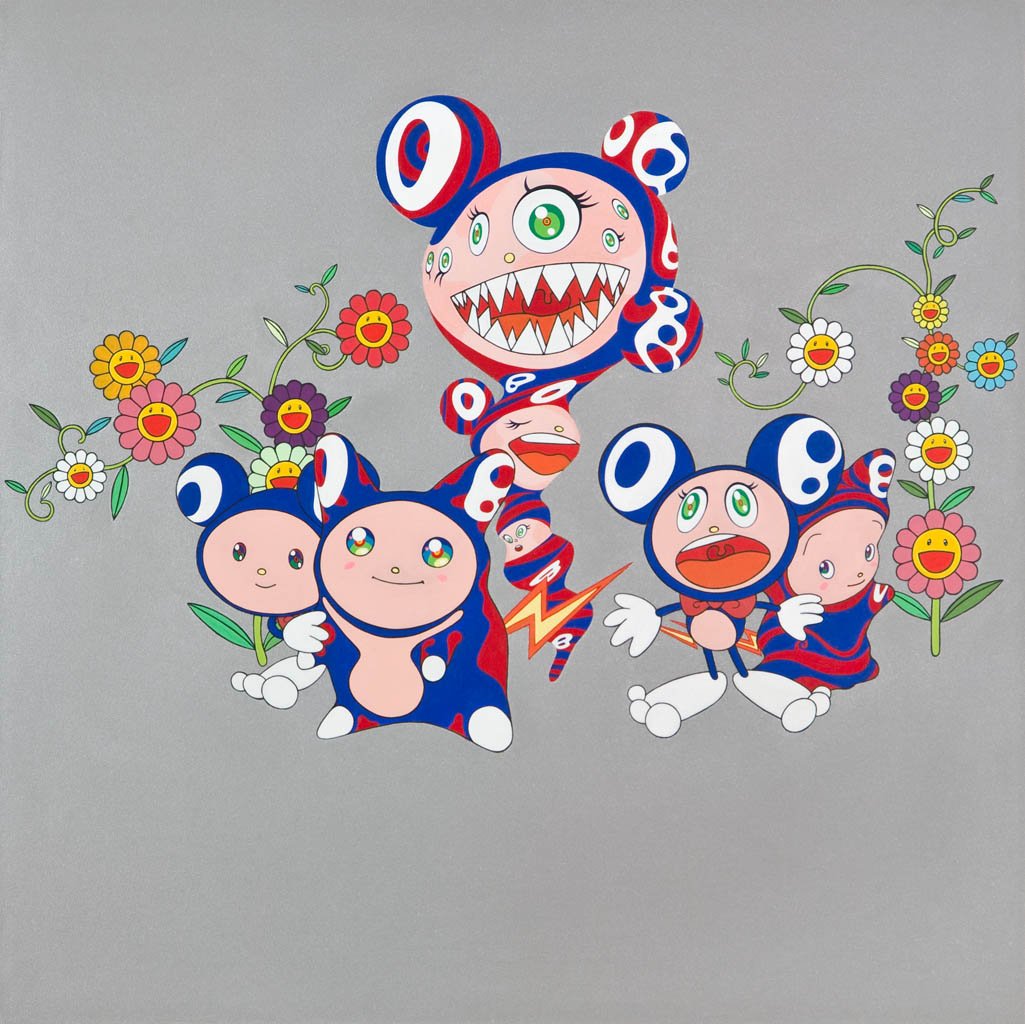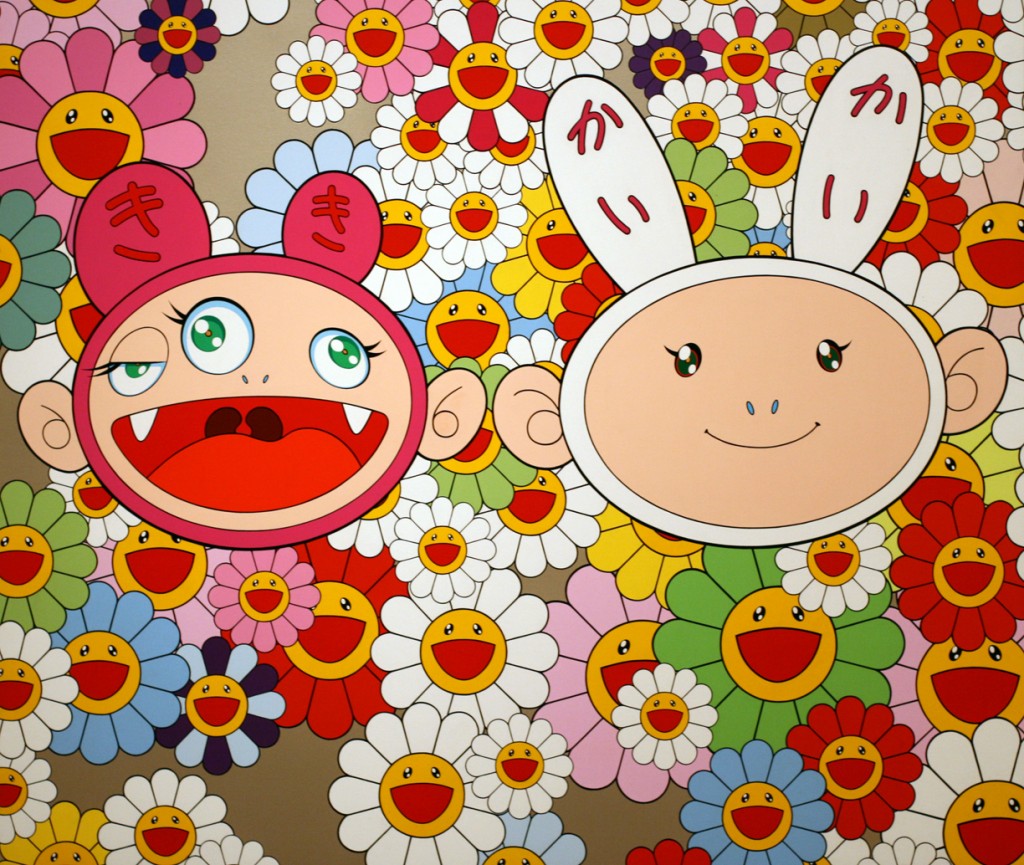上 shàng
verb
: on top; upon; above; upper; previous
: first (of multiple parts)
: to climb; to get onto; to go up
: to attend (class or university)
上 shǎng
: 上聲[声] falling and rising tone; third tone in modern Mandarin
Kun Reading
上 | うえ ue
noun | no-adjective | adverbial noun | noun suffix
: above; up; over; elder (e.g. daughter)
: top; summit
: surface; on
: before; previous
: superiority; one’s superior (i.e. one’s elder)
: on top of that; besides; what’s more
: upon (further inspection, etc.); based on (and occurring after)
: matters concerning…; as concerns …
: since (i.e. “for that reason”)
: (Noun suffix) (Honorific or respectful language) suffix indicating higher social standing
: (Archaism) place of one’s superior (i.e. the throne)
: (Archaism) emperor; sovereign; shogun; daimyo
: (Archaism) noblewoman (esp. the wife of a nobleman)
上 | かみ kami
noun
: upper reaches (of a river); upper stream
: top; upper part; upper half (of the body)
: long ago
: beginning; first
: (Honorific or respectful language) person of high rank (e.g. the emperor)
: government; imperial court
: imperial capital (i.e. Kyoto); capital region (i.e. Kansai); region (or direction of) the imperial palace
: head (of a table)
: (Honorific or respectful language) wife; mistress (of a restaurant)
上 | うわ uwa
noun | prefix
: upper; upward; outer; surface; top
上げ | あげ age
noun | noun suffix
: rise in price; making a tuck
上り | のぼり nobori
noun
: ascent; climbing; ascending (path); climb
: up-train (e.g. going to Tokyo)
: () northward (towards Tokyo)
上る | のぼる noboru
godan verb with ru ending | intransitive verb
: to ascend; to go up; to climb
: to ascend (as a natural process, e.g. the sun); to rise
: to go to (the capital)
: to be promoted
: to add up to
: to advance (in price)
: to swim up (a river); to sail up
: to come up (on the agenda)
上がる | あがる agaru
godan verb with ru ending | intransitive verb
: to rise; to go up; to come up; to ascend; to be raised
: to enter (esp. from outdoors); to come in; to go in
: to enter (a school); to advance to the next grade
: to get out (of water); to come ashore
: to increase
: to improve; to make progress
: to be promoted; to advance
: to be made (of profit)
: to occur (esp. of a favorable result)
: to be adequate (to cover expenses, etc.)
: to be finished; to be done; to be over
: (of rain) to stop; to lift
: to stop (working properly); to cut out; to give out; to die
: to win (in a card game)
: to be spoken loudly
: to get stage fright
: to be offered (to the gods)
: (Humble (kenjougo) language) to go; to visit
: (Honorific or respectful language) to eat; to drink
: to be listed (as a candidate)
: to serve (in one’s master’s home)
: (in Kyoto) to go north; (after the -masu stem of a verb) indicates completion
上げる | あげる ageru
ichidan verb | transitive verb
: to raise; to elevate
: to do up (one’s hair)
: to fly (a kite, etc.); to launch (fireworks, etc.); to surface (a submarine, etc.)
: to land (a boat)
: to show someone (into a room)
: to send someone (away)
: to enrol (one’s child in school); to enroll
: to increase (price, quality, status, etc.)
: to make (a loud sound); to raise (one’s voice)
: to earn (something desirable)
: to praise
: to give (an example, etc.); to cite
: to summon up (all of one’s energy, etc.)
: (Polite language) to give
: to offer up (incense, a prayer, etc.) to the gods (or Buddha, etc.)
: to bear (a child)
: to conduct (a ceremony, esp. a wedding); () (of the tide) to come in
: to vomit
: (Usually written using kana alone) (Polite language) to do for (the sake of someone else); () to complete …
: (Humble (kenjougo) language) to humbly do …
上がり | あがり agari
noun | suffix
: ascent; rise; slope
: freshly-drawn green tea (esp. in sushi shops)
: advance income; crop yield
: death; spinning; completion; stop; finish
: after (rain); ex (official)
: (end) results (e.g. of crafts like painting, pottery, etc.); how something comes out
上で | うえで uete
expression
: upon; after
上は | うえは uewa
conjunction
: now that; since
On Reading
上 | じょう jou
noun suffix
: from the standpoint of; as a matter of (e.g. fact); in the field of; being of the type of
: aboard (a ship or vehicle); on top of; on; above
: first volume (e.g. book)
: superior quality; best; top; high class
: going up
: governmental; imperial
: presenting; showing
: (Prefix) ana- (medical, biol.)
上午 shang4wu3: morning; a.m.
[午前 | ごぜん gozen: morning; a.m.]上下 shang4xia4: up and down; top and bottom; old and new; length; about
上下 | うえした ueshita OR しょうか shouka OR じょうか jouka
: top and bottom; up and down; high and low; above and below; upper and lower ends
: upside-down]
OR
じょうげ jouge: top and bottom; high and low; above and below; upper and lower ends; up and down
: going up and down; rising and falling; fluctuating;
: going and coming back;
: upper and lower classes; ruler and ruled; the government and the people;
: first and second volumes
OR
かみしも kamishimo: samurai costume; old ceremonial costume
: top and bottom; up and down; high and low; above and below; upper and lower ends
上手 shang4shou3: to obtain; to master; overhand (serve etc); seat of honor
上手 | うわて uete: upper part
: skillful (only in comparisons); dexterity (only in comparisons)
: over-arm grip on opponent’s belt (sumo)
OR
じょうず jouzu: skill; skillful; dexterity
: flattery
OR
かみて kamite: upper part
: upper stream; upper course of a river
: right side of the stage (audience’s or camera’s POV); stage left (actor’s POV)
OR
上手い | うまい umai: skillful; clever; expert; wise; successful
: delicious; appetizing
: fortunate; splendid; promising
上海 shang4hai3: Shanghai, China [しゃんはい shanhai]
It is the largest city by population in the world. It is a global financial center, and a transport hub with the world’s busiest container port. Shanghai is a popular tourist destination renowned for its historical landmarks such as The Bund, City God Temple and Yu Garden as well as the extensive Lujiazui skyline and major museums including the Shanghai Museum and the China Art Museum.
上野 shang4ye3: Ueno, district in Tokyo, Japan [うえの ueno]
It is best known as the home of Ueno Station, Ueno Park (home of the cherry blossoms and Tokyo’s homeless population) and Ueno Zoo. Many Buddhist temples can also be found in the area, including the Bentendo temple dedicated to goddess Benzaiten and the Kan’ei-ji, a major temple of the Tokugawa shoguns. There is also the Ueno Tōshōgū, a Shinto shrine to Tokugawa Ieyasu. It is also home to the Ameya-yokochō, a street market district that evolved out of an open-air black market that sprung up after World War II.
上來[来] shang4lai2: to come up; to approach
上去 shang4qu4: to go up
上學[学] shang4xue2: to go to school; to attend school
早上 zao3shang4: early morning
[朝 | あさ asa: morning] OR[早朝 | そうちょう souchou: early morning]
馬[马]上 ma3shang4: at once; right away; immediately; on horseback (i.e. by military force)
[馬上 | ばじょう bayou: horseback; riding]
以上 yi3shang4: that level or higher; that amount or more; the above-mentioned
[いじょう bijou: not less than; … and more; … and upwards: beyond … (e.g. one’s means); further (e.g. nothing further to say); more than … (e.g. cannot pay more than that)
: above-mentioned; foregoing
: since …; seeing that …
: this is all; that is the end; the end]
樓[楼]上 lou2shang4: upstairs
[楼上 | ろうじょう soujou: on top of a tall building; balcony; upper floor]
趕[赶]上 gan3shang4: to keep up with; to catch up with; to overtake; to chance upon; in time for
看上 kan4 shang4: to look upon; to take a fancy to; to fall for
比不上 bi3 bu4 shang4: can’t compare with
上聲[声] shang3sheng1: falling and rising tone; third tone in modern Mandarin
筵上 yan2shang3: feast
Japanese personality
上野 樹里 Ueno Juri

photo credit: MeyLi27
村上 隆 Murakami Takashi [cun1 shang4 long1]


Prolific contemporary Japanese artist. He is well-known for pop-icon “Mr. DOB”, a founder and President of Kaikai Kiki Co., Ltd, his collaboration with Louis Vuitton and with Pharrell and kz of livetune, for the music video remix of the Hatsune Miku song “Last Night, Good Night (Re:Dialed).”
photo credit: Takashi Murakami
Japanese common word | expression | yojijukugo 四字熟語 | idiomatic expression | proverb
上で | うえで uete: upon; after
上は | うえは uewa: now that; since
至上命令 | しじょうめいれい shijoumeirei
: (yoji) categorical imperative; overriding necessity
*錦上添花 | きんじょうてんか kinjou tenka
: (yoji) adding a crowning touch of beauty (to); giving added luster (to); crowning beauty (honor, grace) with even greater glory
OR
きんじょうにはなをそう kinjou ni hana o sou
: to add flowers to silk brocade
屋上架屋 | おくじょうかおく okujoukaoku
: (yoji) gilding the lily; adding redundant things
上下になる | うえしたになる ueshita ni naru
: to be upside-down
上手に選ぶ | じょうずにえらぶ jouzu ni erabu
: to make a good choice
上手に扱う | じょうずにあつかう jouzu ni atsukau
: to handle skillfully
上には上が有る | うえにはうえがある ue ni wa ue ga aru
: Greatness is comparative
空腹は最上のソースである | くうふくはさいじょうのソースである kuufuku wa saijou no soosu dearu
: Hunger is the best sauce
船頭多くして船山に上る | せんどうおおくしてふねやまにのぼる sendou ookushite fune yama ni noboru
: too many cooks spoil the broth; too many captains will steer the ship up a mountain
頭の上の蠅も追えない | あたまのうえのはえもおえない atama no ue no haemo oenai
; unable even to drive away the flies on one’s own head (denoting a helpless person)
石の上にも三年 | いしのうえにもさんねん ishi no ue ni mo sannen
: perseverance prevails; three years on a (cold) stone (will make the stone warm)
目の上のこぶ | めのうえのこぶ me no ue no kobu
OR
目の上のたん瘤 | めのうえのたんこぶ me no ue no tankobu
: a thorn in one’s side; a pain in the butt (often someone higher in rank, ability, etc.); a person standing in one’s way; a superior who obstructs one’s freedom of action
蝸牛角上の争い | かぎゅうかくじょうのあらそい kagyuu kaku jou no arasoi
: (conflict of a small person aka the snail) fighting over nothing; making a mountain out of a molehill
上を下への大騒ぎ | うえをしたへのおおさわぎ ue o shita he no oosawagi
: to be in a state of confusion
上手の手から水が漏れる | じょうずのてからみずがもれる jouzu no te kara mizu ga moreru
: Even Homer sometimes nods
恋に上下の差別無し | こいにじょうげのさべつなし koi ni jouge no sabetsu nashi
: Love makes men equal
風上にも置けない | かざかみにもおけない kaza kami ni mo okenai
: a disgrace (to a whole group of people)
錦上に花を敷く | きんじょうにはなをしく kinjou ni hana o shiku
: to crown beauty with even greater beauty
OR
錦上花を添える | きんじょうかをそえる kinjou ka o soeru
: crowning beauty with even greater glory
陸に上がった河童 | おかにあがったかっぱ oka ni agatta kappa
: a fish out of water; a kappa up on the land
Chinese common word | chengyu 成語 | expression | idiom | proverb
七上八下 qi1 shang4 ba1 xia4
: at sixes and sevens; perturbed state of mind; in a mess
樹上開花 [树上开花] shu4 shang4 kai1 hua1
: to deck the tree with false blossoms; to make something of no value appear valuable
沒上沒下 [没上没下] mei2 shang4 mei2 xia4
: no respect for seniors; lacking in manners
掌上明珠 zhang3 shang4 ming2 zhu1
: lit. a pearl in the palm; fig. beloved person (esp. daughter)
至高無上 [至高无上] zhi4 gao1 wu2 shang4
: supreme; paramount; unsurpassed
高高在上 gao1 gao1 zai4 shang4
: set up on high; not in touch with reality; aloof and remote
*錦上添花 [锦上添花] jin3 shang4 tian1 hua1
: lit. on brocade, add flowers; to decorate something already perfect; gilding the lily
火上加油 huo3 shang4 jia1 you2
:to add oil to the fire; fig. to aggravate a situation; to enrage people and make matters worse
雪上加霜 xue3 shang4 jia1 shuang1
: to add hail to snow; one disaster on top of another; to make things worse in a bad situation
上行下傚[效] shang4 xing2 xia4 xiao4
: subordinates follow the example of their superiors
爛泥扶不上牆 [烂泥扶不上墙] lan4 ni2 fu2 bu4 shang4 qiang2
: useless; worthless; inept
上梁不正下梁歪 shang4 liang2 bu4 zheng4 xia4 liang2 wai1
: lit. If the upper beam is not straight, the lower beam will be crooked; fig. subordinates imitate their superiors’ vices
吃得苦中苦,方為人上人 [吃得苦中苦,方为人上人]
chi1 de2 ku3 zhong1 ku3 , fang1 wei2 ren2 shang4 ren2
: one cannot achieve glory and wealth without having been through trials and tribulations (proverb); no pain, no gain
色字頭上一把刀 [色字头上一把刀] se4 zi4 tou2 shang4 yi1 ba3 dao1
: lit. there is a knife above the character for lust; fig. lascivious activities can lead to bitter consequences
上有政策,下有對策 [上有政策,下有对策]
shang4 you3 zheng4 ce4 , xia4 you3 dui4 ce4
: The higher ups have policies while the lower downs have their own ways of getting around them
太公釣魚,願者上鉤 [太公钓鱼,愿者上钩]
tai4 gong1 diao4 yu2 , yuan4 zhe3 shang4 gou1
: Jiang Ziya is fishing, if you want take the hook (refers to early sage 薑子牙|姜子牙 fishing with no bait and the hook above the water). To put one’s head in the noose (willingly)
比上不足比下有餘 [比上不足比下有余] bi3 shang4 bu4 zu2 bi3 xia4 you3 yu2
: to fall short of the best but be better than the worst; can pass muster
新官上任三把火 xin1 guan1 shang4 ren4 san1 ba3 huo3
: the new boss cracks the whip three times; a new broom sweeps clean; fig. vigorous new policies
羊毛出在羊身上 yang2 mao2 chu1 zai4 yang2 shen1 shang4
: lit. wool comes from the sheep’s back. One gets the benefit, but the price has been paid. Nothing is free.
懶驢上磨屎尿多 [懒驴上磨屎尿多] lan3 lü2 shang4 mo4 shi3 niao4 duo1
: (proverb) A lazy person will find many excuses to delay working; lit. When a lazy donkey is turning a grindstone, it takes a lot of time off for peeing and pooing
一條繩上的螞蚱 [一条绳上的蚂蚱] yi1 tiao2 sheng2 shang4 de5 ma4 zha5
: lit. like locusts tied to one rope; fig. in the same boat; in it together for better or worse; to sink or swim together
一哭二鬧三上吊 [一哭二闹三上吊] yi1 ku1 er4 nao4 san1 shang4 diao4
: to make a terrible scene; to throw a tantrum
上有天堂,下有蘇杭 [上有天堂,下有苏杭]
shang4 you3 tian1 tang2 , xia4 you3 su1 hang2
: lit. there is heaven above, and there is 蘇杭|苏杭 below; fig. the beauty and affluence of Suzhou and Hangzhou is comparable with heaven
嘴上沒毛,辦事不牢 [嘴上没毛,办事不牢] zui3 shang4 mei2 mao2 , ban4 shi4 bu4 lao2
: a youth without facial hair cannot be relied upon (proverb)
臺上一分鐘,臺下十年功 [台上一分钟,台下十年功]
tai2 shang4 yi1 fen1 zhong1 , tai2 xia4 shi2 nian2 gong1
: ten years of practice for one minute on the stage
風中燭,瓦上霜 [风中烛,瓦上霜] feng1 zhong1 zhu2 , wa3 shang4 shuang1
: lit. like a candle in the wind, or frost on the roof; fig. (of sb’s life) feeble; hanging on a thread
指事 Indicative.
Indicator 一 (yin: one) pointing to the area above in
marker 丄 (shang4: above)
Historical Variant:
丄 shang4: above
愛上你 – S.H.E.
電視劇 就想賴著妳 片尾曲
作詞:藍小邪
作曲:楊子樸
編曲:呂紹淳
製作:呂禎晃/郭文宗
RAP:如果說這世界不夠完美不夠好
一定是在等我們 親手給它變得美好
就像愛 看起來 會那麼少
一定是 在等我們一起勇敢的尋找一起找到
*一片片落葉 為開出個花園 手牽手捱過整個冬天
每隻蝴蝶為了飛為了翩翩起舞 先做一個繭
最美海岸線 總是要很蜿蜒 才足夠讓人忘返流連
你的身邊 要不是 比天邊還遙遠 勇氣怎麼出現
當我終於住進妳的心裡 分享同一個世界
身後錯過痛過漫長情節 都變甜美
#只有我了解 這幸福感覺 美得值得去付出一切
能夠遇見你認識你喜歡你愛上你 感謝我每滴眼淚
只有你明白 我有多珍貴 好得值得你為我改變
請你繼續溫柔 交換我 燦爛笑容
一天一天 到永遠那一天
RAP:Yeh 愛上你有多幸運 像是天使的禮物
我們不要辜負這幸福 一定要更加幸福
如果愛 真的是 那麼的少
我們就 一起守護我們得來不易的愛不被打擾
Repeat *
當你終於走到我的面前 完整所有的畫面
就算苦辣酸甜嘗過一遍 只剩喜悅
Repeat #
像是大雨過後晴朗的天 寬闊而耀眼
每個黎明都 需要有夜成全
往回看每兜一個圈 每一條迂迴的曲線
都是為愛上你必須留的伏線
Repeat #
RAP:如果說這世界不夠完美不夠好
一定是在等我們
親手給它變得美好
就像愛 看起來 會那麼少
一定是在等我們
一起勇敢尋找 一起找到
credit: S.H.E.
Resources: Chinese Dictionary | Japanese Dictionary


